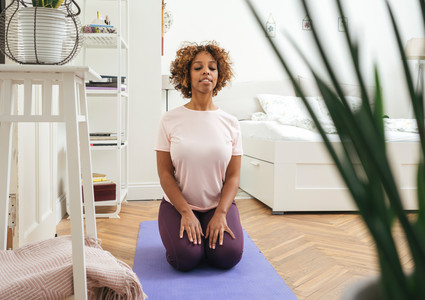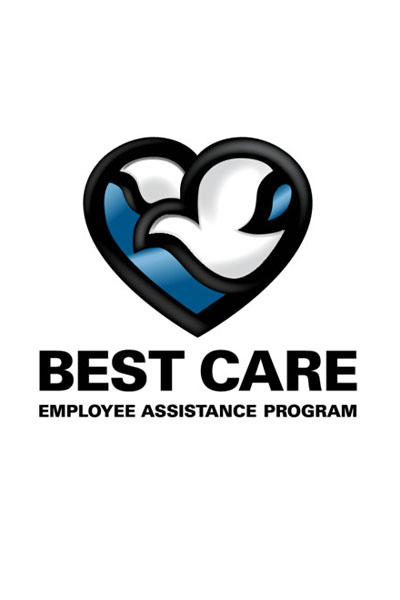Mental Health
Feeling Anxious About Coronavirus Disease? You Aren't Alone
Published: March 12, 2020

The good news about widespread anxiety is that it fuels change quickly. Many people in communities affected by COVID-19 are being careful to limit exposure and are practicing social distancing. Anxiety fosters prevention and safeguarding behaviors, and prevention reduces anxiety.
Physical Effects of Anxiety
In the short term, anxiety increases your breathing and heart rate, concentrating blood flow to your brain – where you need it. This very physical response is preparing you for an intense situation. With occasional stress, your body returns to normal functioning when the stress passes.
With prolonged COVID-19 news, you may repeatedly feel anxious and stressed. When this occurs, your body doesn’t get a signal to return to normal functioning. This can weaken your immune system, leaving you more vulnerable to viral infections and frequent illnesses. Anxiety’s physical effects can be counterproductive as we look at the most effective ways to combat the COVID-19 pandemic.
When Anxiety Turns to Panic
While some anxiety helps us cope, extreme anxiety can cause panic. When we’re in a panic state, we suffer, stress out our children and are more likely to make mistakes and engage in irrational decisions and behavior. Panic creates new issues, like overbuying masks, sanitizers or toilet paper to stock up in case of self-quarantine. Keep in mind that your anxiety influences those around you. Too much anxiety spreads panic.
Reduce Anxiety by Reducing Your Risk
Don’t feel silly or embarrassed about taking necessary precautions. Follow the safety advice from the Centers for Disease Control and Prevention (CDC), such as frequent handwashing and covering sneezes and coughs. Stay home if you feel sick, get enough sleep, and take care of your immune system. Preparing a plan – such as minimizing exposure to large crowds – makes sense and can help reduce anxiety. Get your news and advice from trusted sources like the CDC and the World Health Organization.
 Manage Anxiety With Self-Care
Manage Anxiety With Self-Care
During this uncertain time, it’s important to continue your self-care routine to reduce the anxiety you store up in your body. Everyone is different when it comes to managing anxiety and stress. Just because running is helpful to your friend, doesn’t mean you have to do the same. It’s important to find something that works for you. Here are some ideas:
1. Unplug
- Limit the time you spend watching the news and being on social media
- Unsubscribe from push notifications on your phone
- Go for a walk and enjoy nature
- Create a dedicated space to actively remove yourself from a stressful day and relax
- Work on a hobby
2. Practice relaxation
- Practice yoga, relaxation, mindfulness and/or mediation. Stay in the present moment, and stop ruminating on the “worst case scenarios.” Here’s a great “how to” resource: https://www.health.harvard.edu/mind-and-mood/six-relaxation-techniques-to-reduce-stress
- Release tension through stretching and deep breathing
3. Exercise
- The more active you are, the more active your immune system tends to be. The key is to exercise regularly but not overdo it.
4. Get good sleep
- Establish a healthy sleep routine and get the optimum 7 to 9 hours of sleep each night. While you sleep, your body releases proteins that are necessary when fighting infection.
You can also seek out a counselor or talk to your loved ones about your feelings. Or call Methodist Emotional Support Line to speak with a licensed professional counselor from the Methodist Hospital Community Counseling Program. The free, confidential service can be accessed by dialing (402) 815-8255 (TALK) and is available Monday to Friday, 9 a.m. to 6 p.m.
Now is the time to practice your calming method to stay healthy and deal with prolonged unwanted anxiety.
More Resources
- How to talk to your children about COVID-19.
- Learn more about Best Care EAP.
- Follow Methodist on Facebook, Instagram and Twitter for COVID-19 updates.


